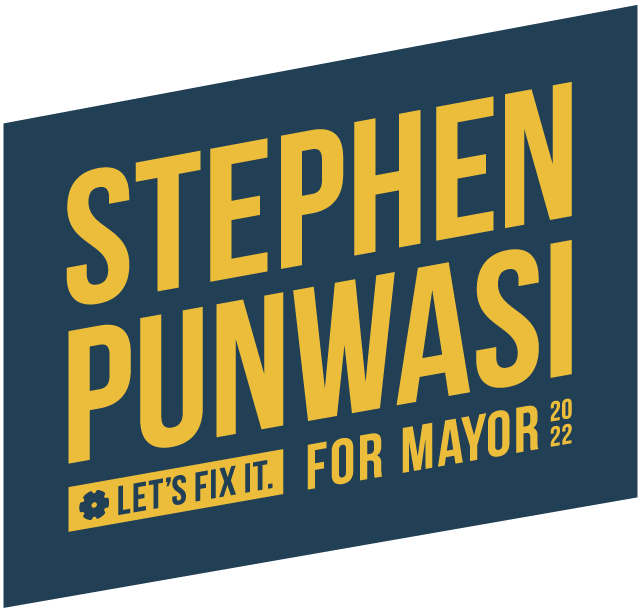Solving problems gets easier if we have the right tools. Let’s build them.
Imagine a city where smart software helps reduce your commute time. What if I told you we got it from Halifax, and it won’t cost us anything? They gave it to us, reducing the time it would take to implement our own system, learning from their issues.
At the same time, they’re using software we built to monitor their air quality. We both benefit from our respective experience, reducing expensive lessons. It sounds wacky, but that’s how open source software works and it’s how the internet was built. In fact, it’s how most of the internet is still run, powering most websites and servers. Even the site you’re reading this on now is built on various open source software platforms.
We’re taking this concept and expanding it to create the world’s first Open Source City.
Plan Highlights
- Build essential municipal software. Our Open Source City will produce essential and innovative software to power the next generation of cities. We’ll foster innovation, while improving resident experience, city management, and data collection.
- Transparent and community-based. Open source software will help us tap the best and brightest across the country. Cities can contribute to each other, improving processes and sharing lessons.
- Improving your quality of life. From reducing housing supply risk to reducing your commute time, the goal is to improve your quality of life. We’re about to solve problems you didn’t think could be solved.
- Saving you money. Building our software in-house will reduce our long-term costs. We can drop expensive subscriptions and perpetual license fees. Sharing development with other cities also means we can solve more problems, instead of the same ones repeatedly.
- Faster city improvements. By collaborating, we can shorten the learning curve. Cities can teach others what works and what doesn’t, avoiding costly duplication of resources and mistakes.
The Problem
Cities are expensive to run and unique, requiring highly customized software. Like most large organizations, cities end up having to source customized solutions. It’s an incredibly expensive process that takes forever. Just walk into any government office, and you’ll see dinosaur-era software.
Due to the cost and expense of this custom software, not a lot of investment is made in new software. Consequently, civil servants are stuck with pricey and limited tools. They might not have the ability to collect essential data due to this issue. Problems that could have been spotted a mile away don’t have a reliable way of tracking.
At the same time, residents have seen how they interact with the internet transform. How they interact with their government? Not so much. There’s efforts to provide open data to help with transparency, but it lacks in breadth.
Oh, it gets worse. Governments are often stuck with software that has a perpetual licensing fee. This results in perpetual fees paid to maintain access to this software. Further, it also tends to be opaque and requires specialized outside talent to fix it if it breaks. It’s like the company that builds McDonalds’ milkshake machines run the city’s software plan.
The way the government sources software is broken. Let’s fix it.
Toronto, and all Canadian cities would benefit from an open source city. We’ll be highlighting more in the coming weeks, so make sure you signup for updates if you want to hear more.
The Solution
Starting a program to facilitate open source software developed in-house for the City. We’ll share our work and collaborate with other cities, and anyone that wants to pitch in.
Open source software is transparently developed and distributed for free. It’s an innovative approach to building complicated and game-changing software, one contribution at a time. The internet is powered by it, and it plays an important role in our day-to-day lives. Let’s use it to build our city, solve your problems, and power the next generation of civil service.
“Open source means standing on the shoulders of giants, allowing humanity to accelerate the pace of technological achievement collectively, instead of wasting time starting from square one repeatedly.”
— Nick Desaulniers, software engineer at Google
We won’t hit you with all of the applications right now, but it will be game changing for the City. Over the coming weeks we’ll be rolling out more detailed examples (and possibly some code). From intelligent traffic management to improving commute times, to pinpoint community hardships. This will be an entirely new way of running cities.
Part of our platform involves a couple of examples:
- City spending transparency.
- Beneficial ownership registry for permit data.
- Making community consultation more accessible.
- Part of our platform involves a couple of examples: City spending transparency. Beneficial ownership registry. A unified community portal. Rental analysis and vacancy tracking.

